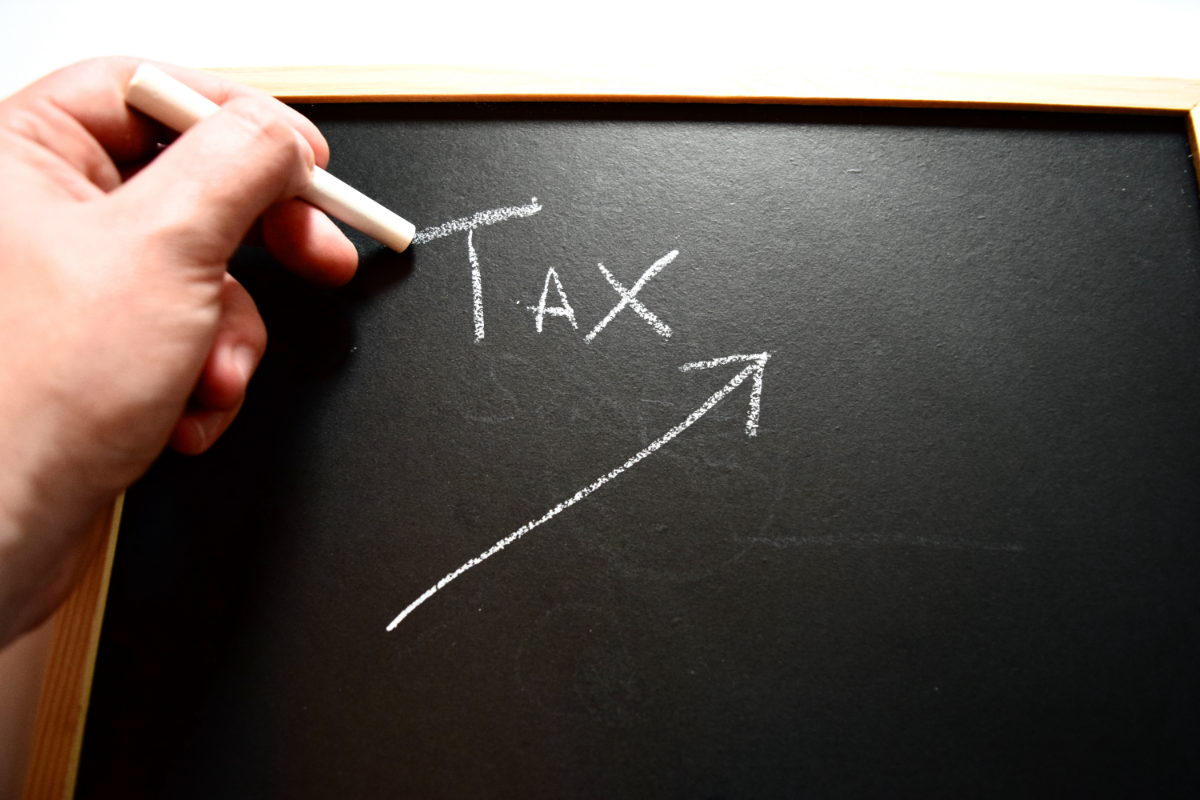Taxes and financial markets often exhibit a symbiotic relationship. Changes in tax rates impact the way businesses conduct themselves, which often in turn, impacts how those businesses are valued in the marketplace.
Expansion and contraction of those financial markets influence the way politicians view the underlying businesses. That influence often finds its way into the tax code – and the dance back and forth between these two vital components of our financial lives continues.
President Joe Biden is proposing some pretty big changes, one of which is the American Families Plan. While the name might have a nice ring to it, it will no doubt cost money, and taxes are one of the only ways the government can bring that money in.
While still a moving target, the latest budget proposal includes a marginal tax rate hike of 2.6% for the very highest earners, from 37% to 39.6%. This rate is intended to impact single individuals with taxable income of more than $452,700, and married couples filing jointly with total income over $509,300. A quite sizable increase in the capital gain tax rate, and an increase in corporate taxes are also on the table.
While there is very real concern among high-income earners regarding their ability to mitigate these increases (and there are strategies available) the question that seems to be on the minds of most everyone I’ve been talking to lately is actually this:
How might these tax increases impact markets?
It’s a great question.
There’s only been one other time in our history when corporate, capital gains, and top marginal personal tax rates were increased simultaneously, and that was back in 1942. This was the year that immediately followed our country’s decision to participate in World War II, and a lot of money was needed to support the war effort.
Given that there haven’t been a number of time periods where these actions have been taken all at the same time, and given that we have a fairly complex tax code, simple conclusions are hard to find. There’s just not enough data to support any kind of historical frame of reference.
Members of the Democratic party have been quick to point out that, under the proposal, these rates will only create an increase for the wealthiest Americans. Hmmm…
While the one previous triple tax rate increase was followed by a stock rally, it’s hard to say that this was due to the change in legislation. The market had entered a secular bull market in April 1942, and most historians would likely attribute this to military spending and the Allies’ successes.
It’s difficult to say how, when, or if these changes will significantly impact the stock markets, and there are a lot of other factors that come into play. The reopening and growth of the economy is definitely a large factor, and one that could allow markets to react positively despite a painful tax bill for high earners and corporations.
While it can give us insight into past behaviors, history is not a perfect forecasting tool by any stretch, and it really isn’t giving us much to work with as it relates to the question at hand. Sorry, no prognostications coming out of our camp on this one.
On a positive note, the past year has given us a few opportunities to benefit from tactical investment management, as clients of Topturn Capital have experienced in their accounts. Whether the winds will continue to blow in the same direction remains to be seen. Either way, we’ll remain positioned to help capture and maintain momentum when, and where, it is identified.
By: Dan Darchuck, CEO


